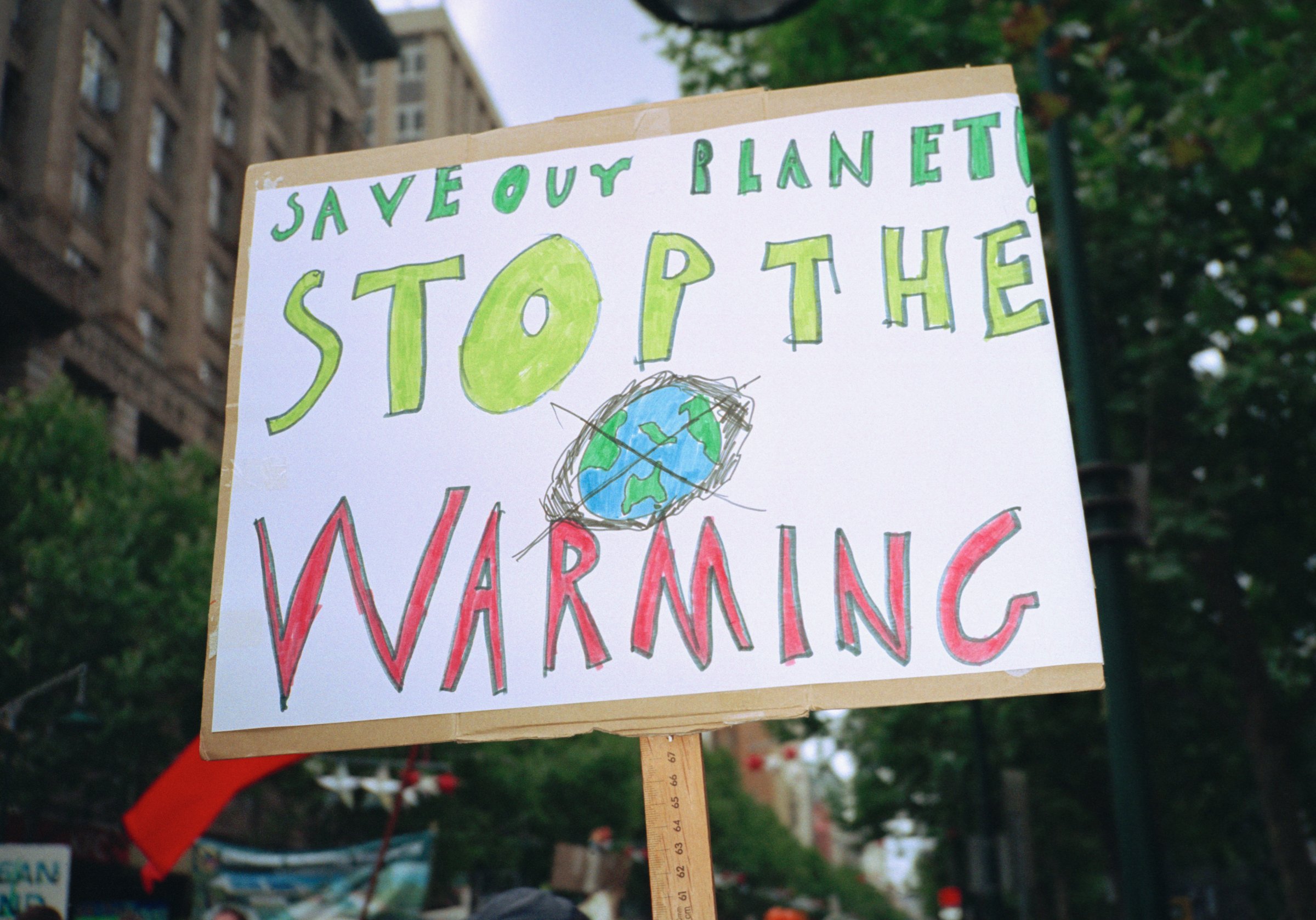
Around the world, people with higher levels of education are more likely to understand climate change than their less-educated counterparts, according to new research published in the journal Nature Climate Change.
Using data collected by Gallup from 119 countries, researchers found that education level was a key determinant of climate change risk perceptions in 62% of countries around the world. But all bets are off when it comes to education and views of climate change in the United States, along with a select few English speaking countries. Political party and ideology predicted views of climate change in the U.S., not education alone. (Information on political ideology and climate change beliefs was not available for countries outside the U.S.)
“[For Americans] just having higher education does not mean that you understand or accept the science,” says study co-author Anthony Leiserowitz, director of the Yale Project on Climate Change Communication. “[Americans] who have attained higher education are better at cherry picking evidence that seems to validate what we already believe.”
Read More: How the Recession Accidentally Helped the Planet
Overall, different regions had vastly different levels of awareness of climate change. Two-thirds of people in Egypt, Bangladesh and Nigeria, for instance, had never heard of climate change, the study found. Still, many in developing countries who lacked formal knowledge of the concept said they had noticed changes in their local weather patterns indicative of climate change. The lack of climate change awareness in developing countries should be of particular concern because many of those countries have been deemed more vulnerable to environmental changes. “If you don’t know you’re at risk, you’re even more at risk because you can’t possibly be taking the actions to prepare,” says Leiserowitz.
Global public awareness about climate change could also play a role in negotiations for a global treaty on climate change at a United Nations conference on the issue later this year. Public support for an agreement will help countries to follow through on commitments made at the summit, Leiserowitz said.
“It won’t be some top-down commandment from a legally binding treaty from the UN making everybody do it,” he says. “It’s going to be national dynamics where each government commits to doing this and then they have to get people onboard to support those policies.”
More Must-Reads from TIME
- Inside Elon Musk’s War on Washington
- Why Do More Young Adults Have Cancer?
- Colman Domingo Leads With Radical Love
- 11 New Books to Read in February
- How to Get Better at Doing Things Alone
- Cecily Strong on Goober the Clown
- Column: The Rise of America’s Broligarchy
- Introducing the 2025 Closers
Write to Justin Worland at justin.worland@time.com